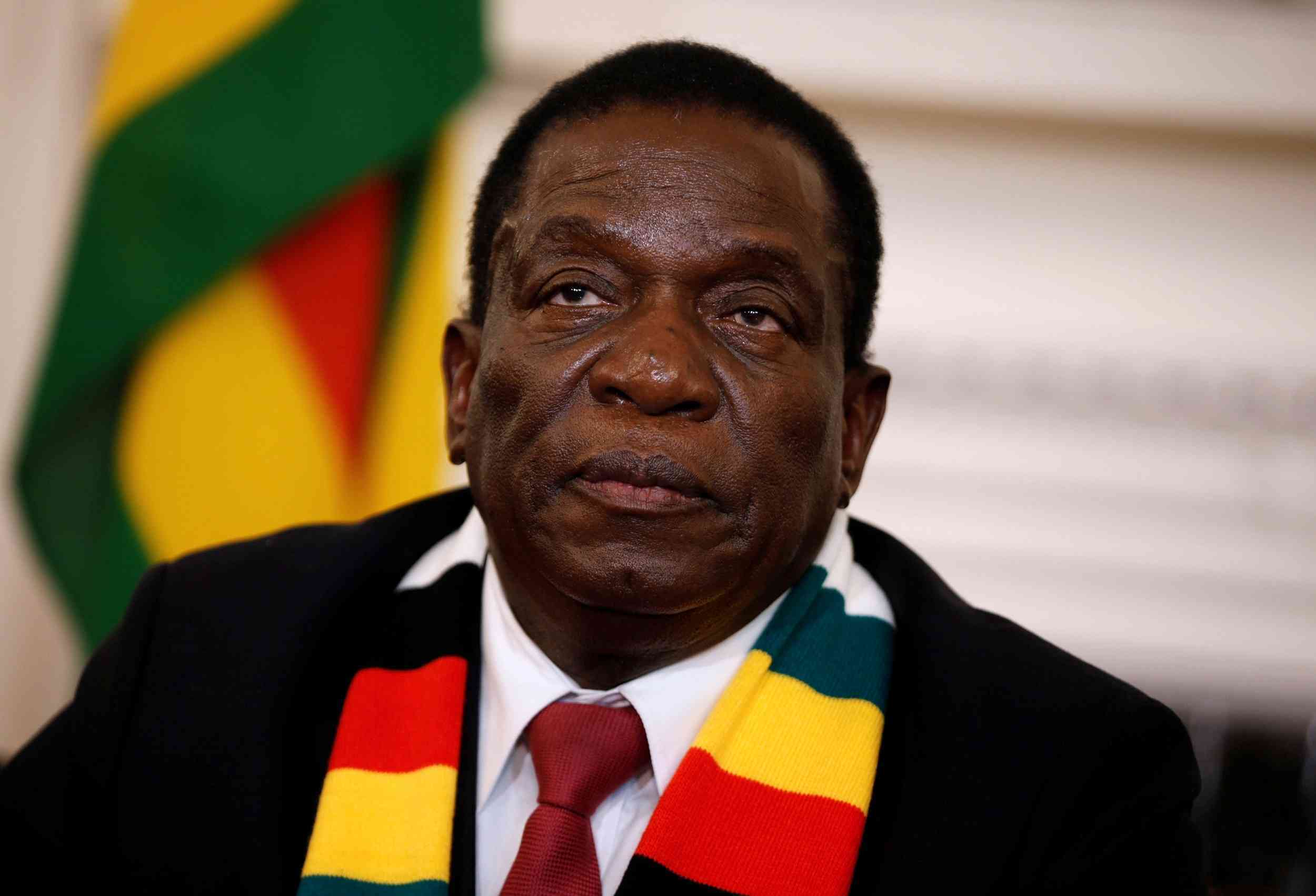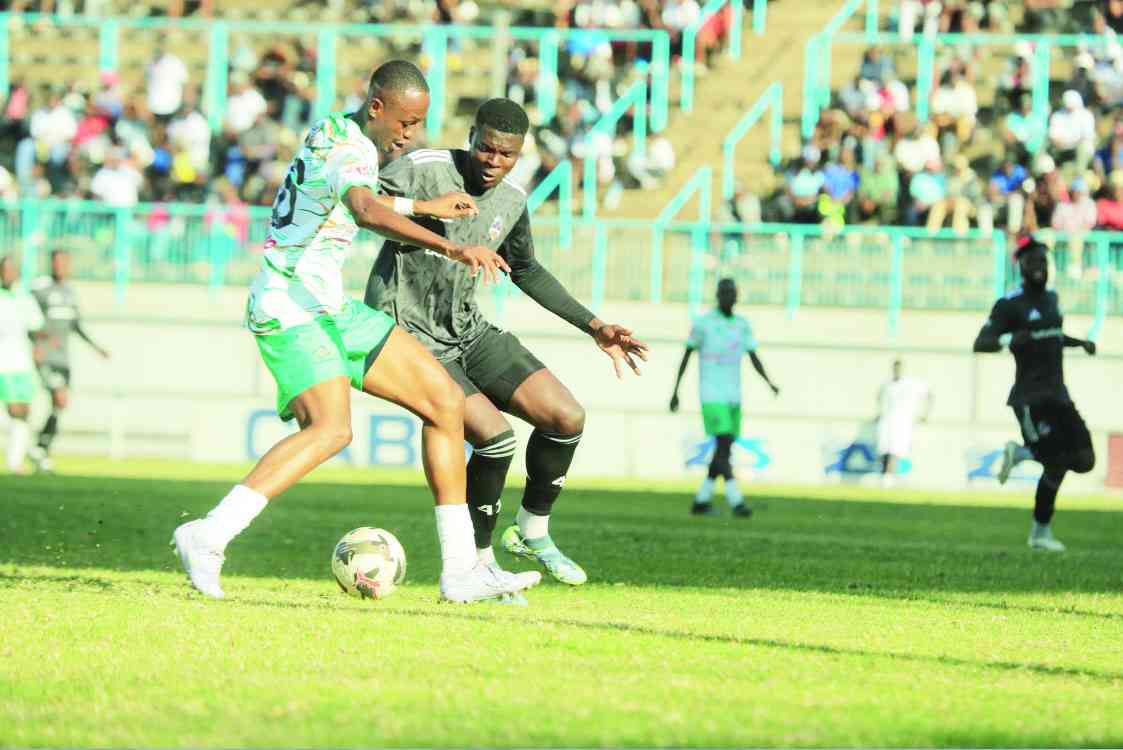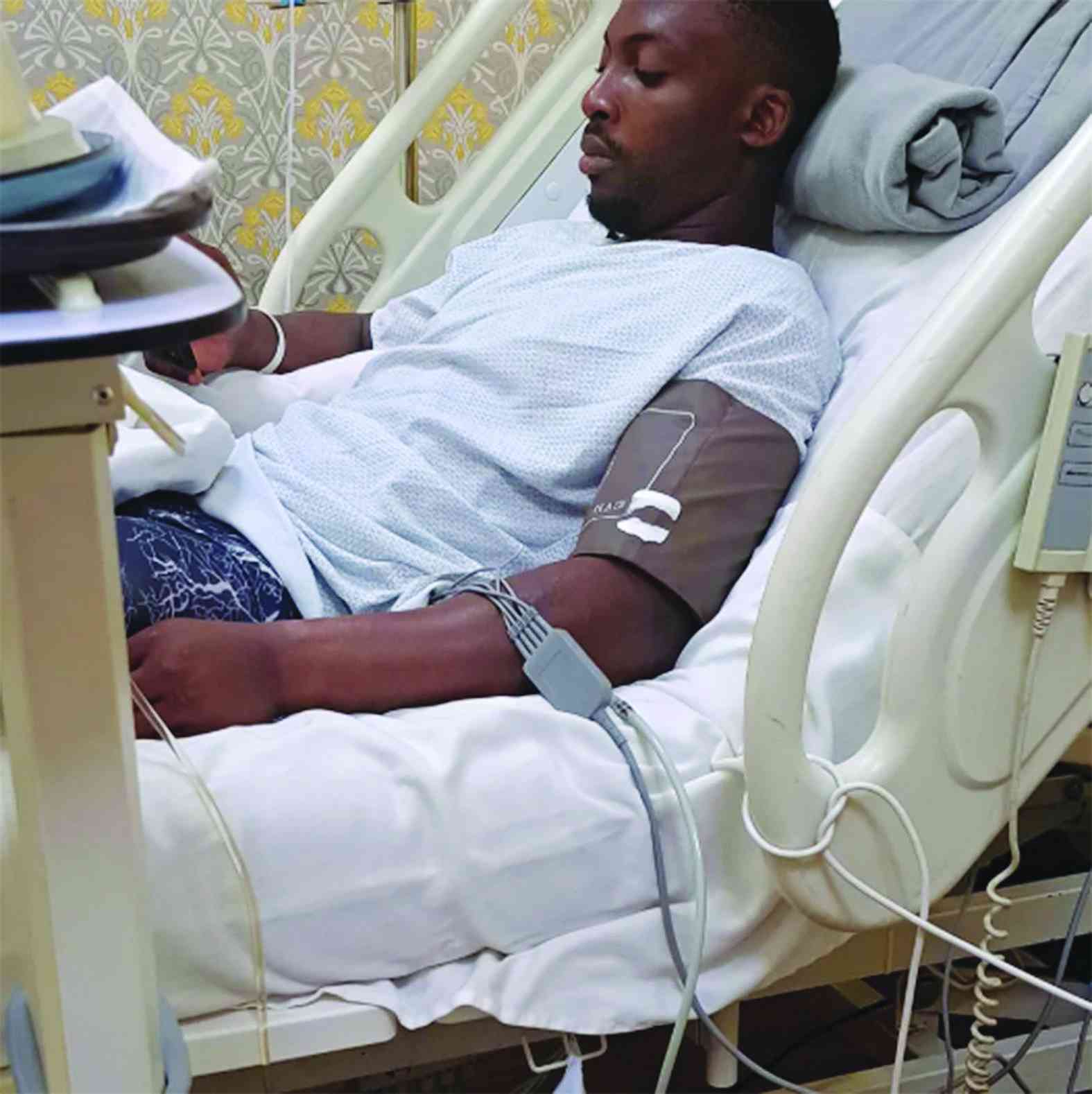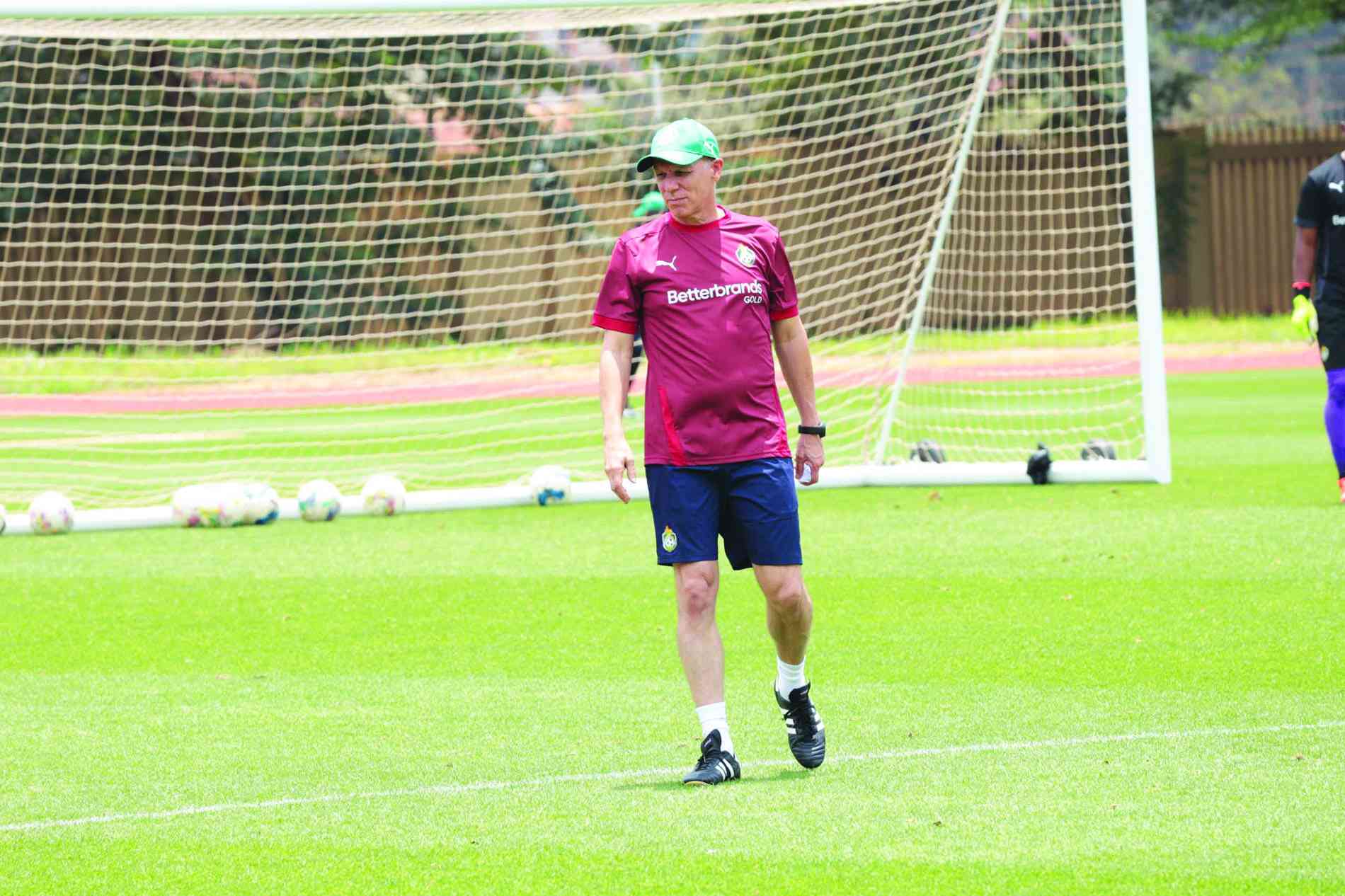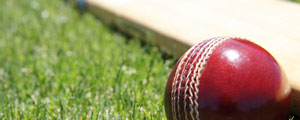
Zimbabwe cricket has lost one of its greatest servants over a period of many years in the death of Mr David John Lewis in Johannesburg on Friday 18 January 2013, at the age of 85.
Report by Shingai Rhuhwaya
David Lewis is widely acknowledged as one of this country’s greatest captains and administrators, as well as being a good, courageous middle-order batsman.
David John Lewis was born in Bulawayo on 27 July 1927. His father, also David, was the last pilot to be shot down by the legendary Baron von Richthofen in the First World War, but he survived to make a forced landing.
He became a commissioner in Rhodesia, as the country was then known. David attended Reps (Rhodes Estate Preparatory School) and Plumtree School, from where he went to study law at the University of Cape Town, and thence to Oxford University.
He made his name at school as a batsman and brilliant fielder, and made his debut in first-class cricket in unusual circumstances.
He was selected as twelfth man at the age of 18 for the national team’s friendly match in 1945, just after the close of the Second World War, against Transvaal in Bulawayo. Two of the team were injured and unable to bat in that match, which Transvaal won, so the Transvaal captain kindly suggested that, the match being a friendly, David and the other substitute fielder might like to bat in their places in the second innings. This is not in accordance with the laws of the game, but David took his chance and scored a single.
- Chamisa under fire over US$120K donation
- Mavhunga puts DeMbare into Chibuku quarterfinals
- Pension funds bet on Cabora Bassa oilfields
- Councils defy govt fire tender directive
Keep Reading
His next first-class experience came at Oxford University between 1949 and 1951, but he was not very successful for them, only winning a regular place in the team and a ‘blue’ against Cambridge in his final season. On his return home, however, he quickly won a place in the national side for the Currie Cup,Rhodesia being in the B Section for most of the 1950s. He was much more successful here, averaging 51 in his first season and scoring a century against Border (the team from the East London area of the Cape).
His knowledge of the game and leadership skills were evident, and in 1953/54 he was appointed captain of the national side. By the time he stood down from the captaincy in favour of Tony Pithey, he had taken the team through to the Currie Cup A Section. However, they were less successful under Pithey’s captaincy and were demoted to the B Section, which led to David’s recall as captain in 1963/64. He led the team back to the A Section and then retired as a player. He scored 3273 runs for his country in 74 first-class matches at an average of just over 30.
As a batsman he was rather limited, but he showed great courage and application, and he loved the challenge of facing fast bowling. His success as a batsman came more from sheer determination and studying the game rather than basic ability, and he did not often make many runs against the very best bowling attacks. He was, however, a brilliant fielder, especially in the covers, and many considered him the best in the world at that time.
As a captain he is generally considered as one of the best this country ever had, with perhaps only Duncan Fletcher mentioned in the same breath. He was a wise student of the game, well known for his shrewd field placings and assessments of the strengths and weaknesses of opposing batsmen, and would employ any trick to winkle out an opponent. He looked after his team well and was both highly respected and very demanding, never accepting less than one hundred per cent from his men. He was not a man to suffer fools gladly, but was always very kindly and helpful to the young who were willing to learn.
He was fortunate in having two of the greatest fast-medium bowlers ever produced by this country in his team, in Godfrey Lawrence (now living inAustralia) and the late Joe Partridge, and he used them well. Possibly the only criticism made of his captaincy was that he tended to try to control the game with these two alone and was sometimes quick to fall back on the defensive when they needed resting.
He played for Salisbury (as it was then) Sports Club for many years. He was also a fine rugby player for Oxford University, his club, Mashonaland and the national team in a match against the Australians in 1953.
After his retirement he soon went into administration, becoming president of the Rhodesia Cricket Union from 1974 to 1976 and was a member of the South African Cricket Union from 1974 to 1980. He was a strong personality with the highest integrity and fought hard for what he believed to be the best interests of the game in this country.
Cricket in Zimbabwe is grateful to Lewis for his championing a revolution of the local game by converting the team from amateurs to professionals who had regular, organised practice over and above club matches.
Paying tribute to Lewis, ZC Life President Alwyn Pichanick described him as “an outstanding captain and later an erudite administrator who was completely dedicated to the game.”
Lewis was a ZC Life Vice-President at the time of his passing away.
Outside cricket, he became a director of companies and a senior partner in a law firm for many years. He retired to South Africa with his wife Dorothy.
A gentleman on and off the field, David John Lewis is a great loss to the game!

